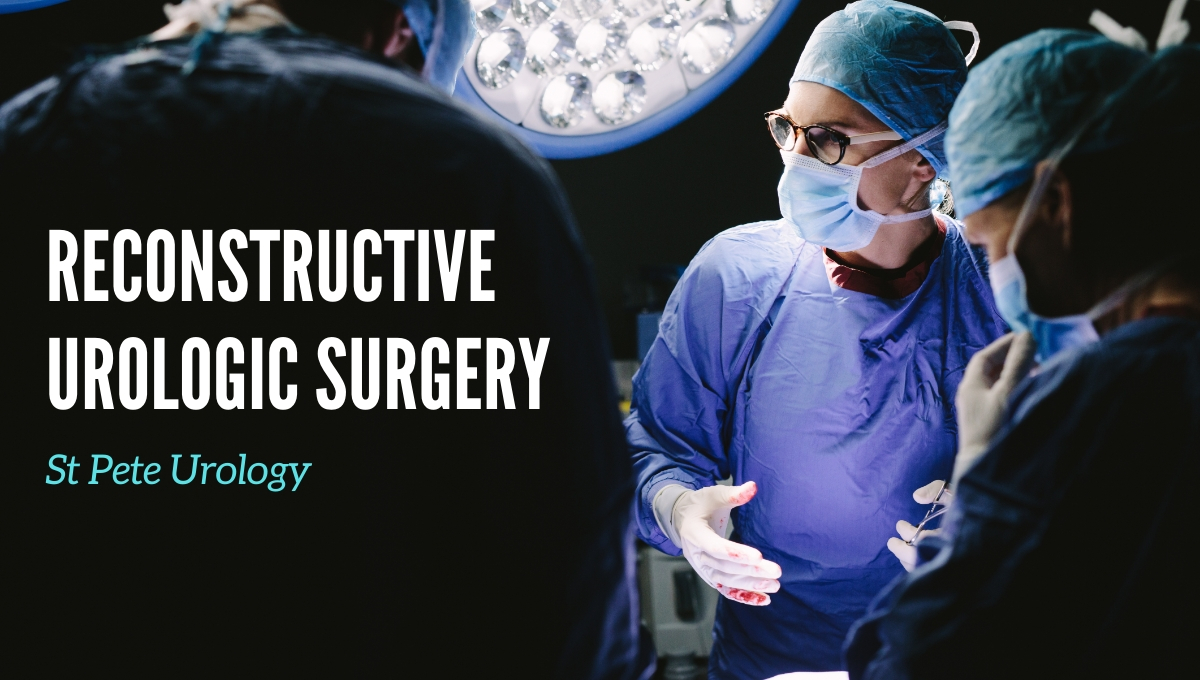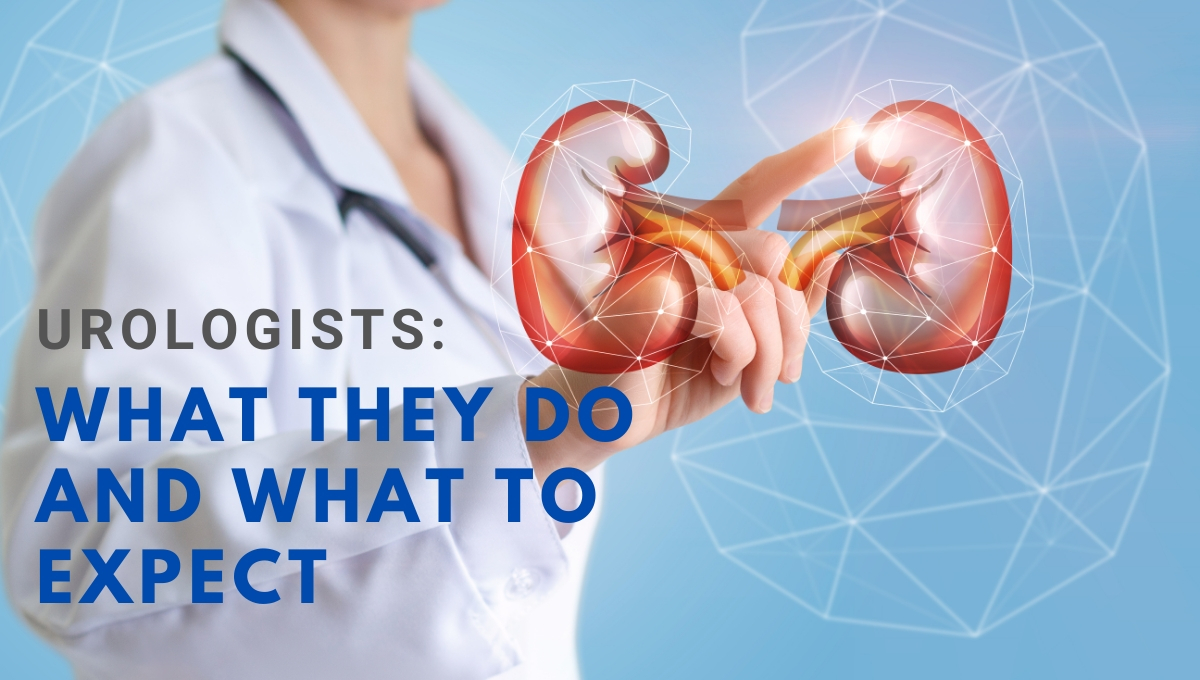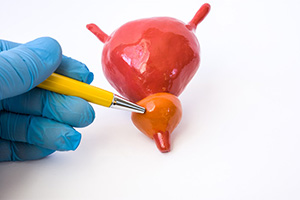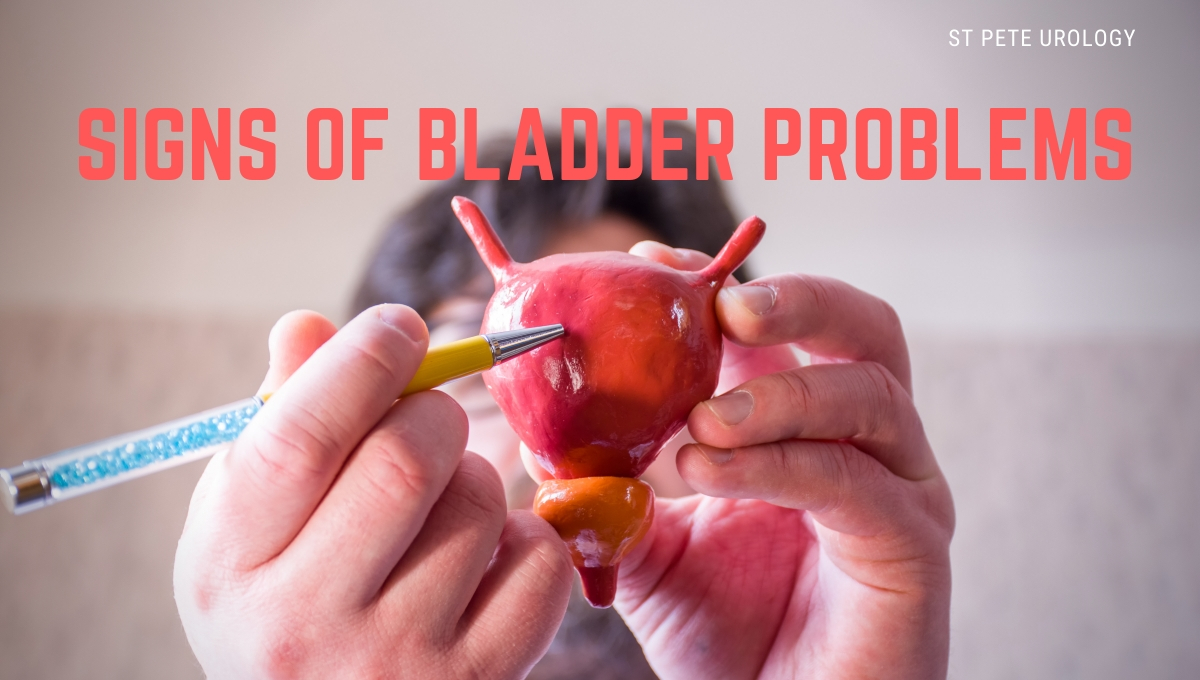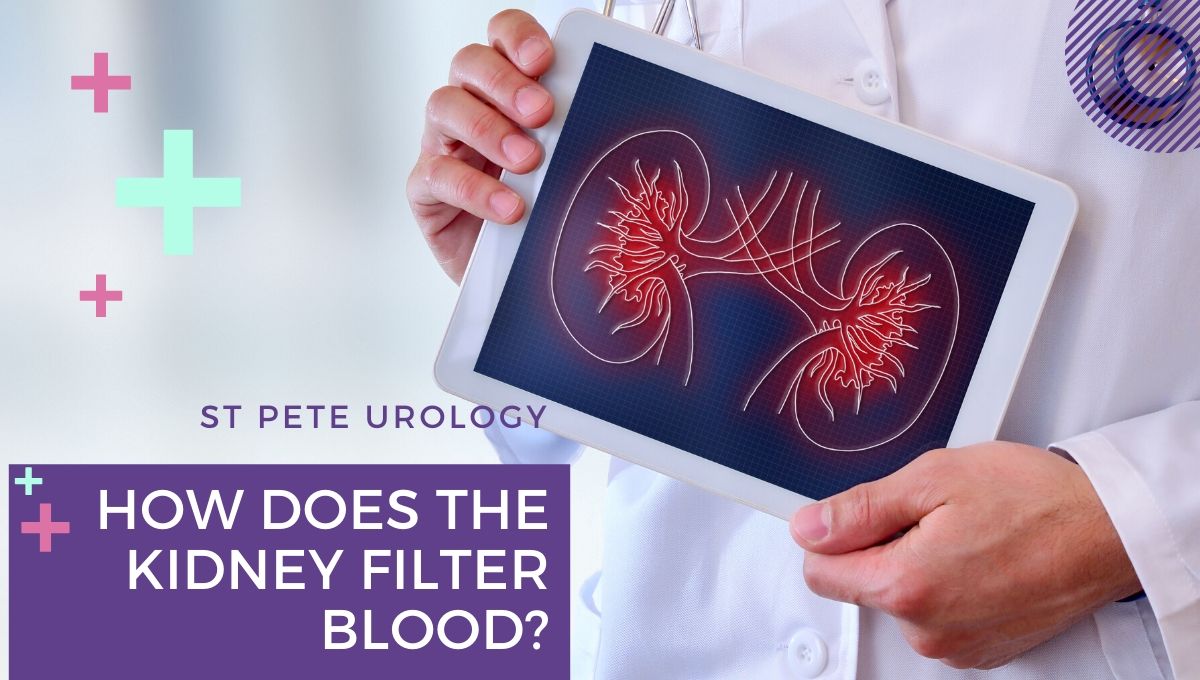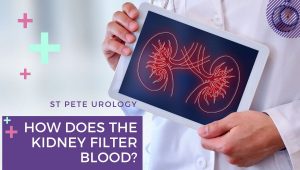

However, the most common cause of penile trauma is sex related injuries. When the penis is not erect it is soft and flexible, making it less susceptible to harm. But during sex the penis becomes erect and firm from increased blood flow. This is when injuries are most likely to occur. For instance, during sex with a partner, there are many ways a man may accidentally bump or bend his penis. This can cause a sharp pain followed by loss of the erection. This is caused by a tear in the tunica albuginea, a part of the penis that is stretched tight during an erection.
The first sign of penile trauma is immediate pain that can subside quickly or continue for a long period of time. Blood can build up under the skin of the penis causing bruising and swelling. Blood in the urine is further indication that something is very wrong. These are all signs that it is time to seek medical treatment. A trained urologist will most likely be needed at this point.
Your urologist will ask you questions and perform a physical exam to assess the damage to the penis. The urologist may need to perform an X-ray to determine the extent of the damage to the urethra. In addition to an X-ray, a urologist may want to perform an ultrasound to determine if there is any damage inside the penis. It is important to determine if there is any damage to the many veins and tubes that run through the penis.
Surgery is the most common treatment for penile trauma and has the lowest chances of causing erectile dysfunction. The surgery is performed under anesthesia and begins with the urologist making a cut around the shaft below the head of the penis. The skin then is pulled back to remove any blood clots and repair any tears. Recovery from the surgery can take one to two days in the hospital, and patients may need a catheter for a brief time while at home.
Because penile trauma is almost always caused by accident, prevention really isn’t possible. In case of an accident that causes penile trauma, it is best to remain calm and contact a urologist immediately. St Pete Urology helps men with all kinds of urologic issues, whether it is underlying, chronic or urgent as in penile trauma. For more information, visit the St Pete Urology website.


